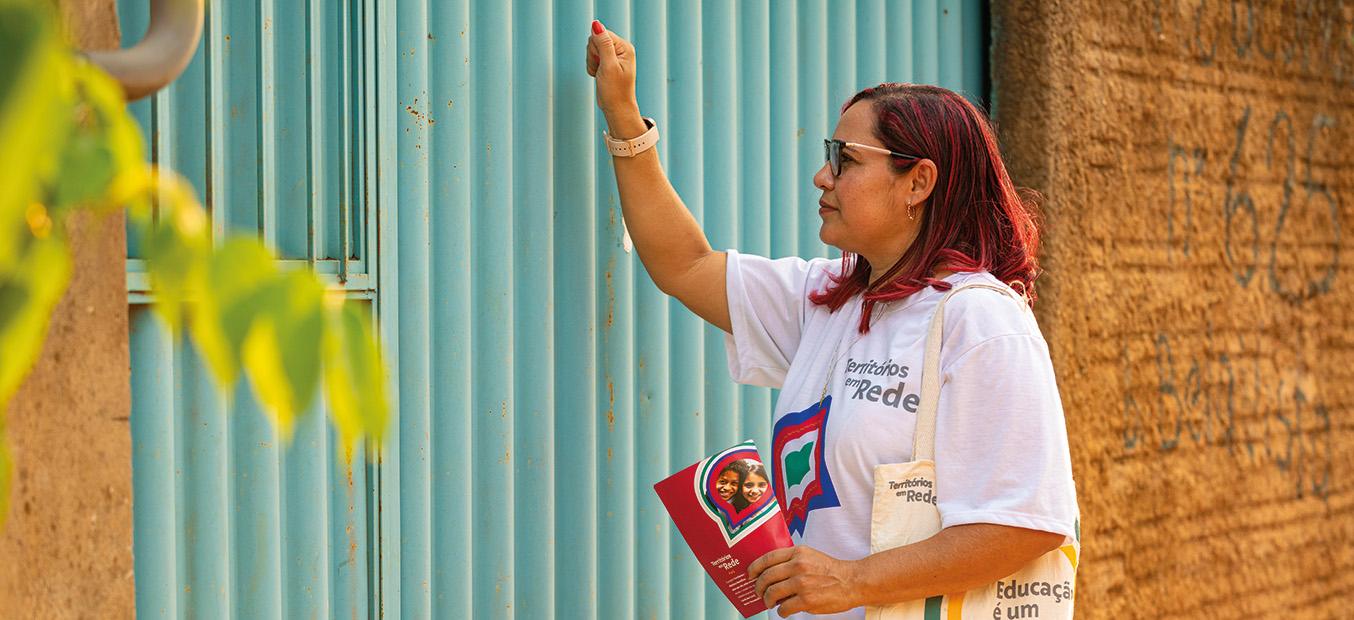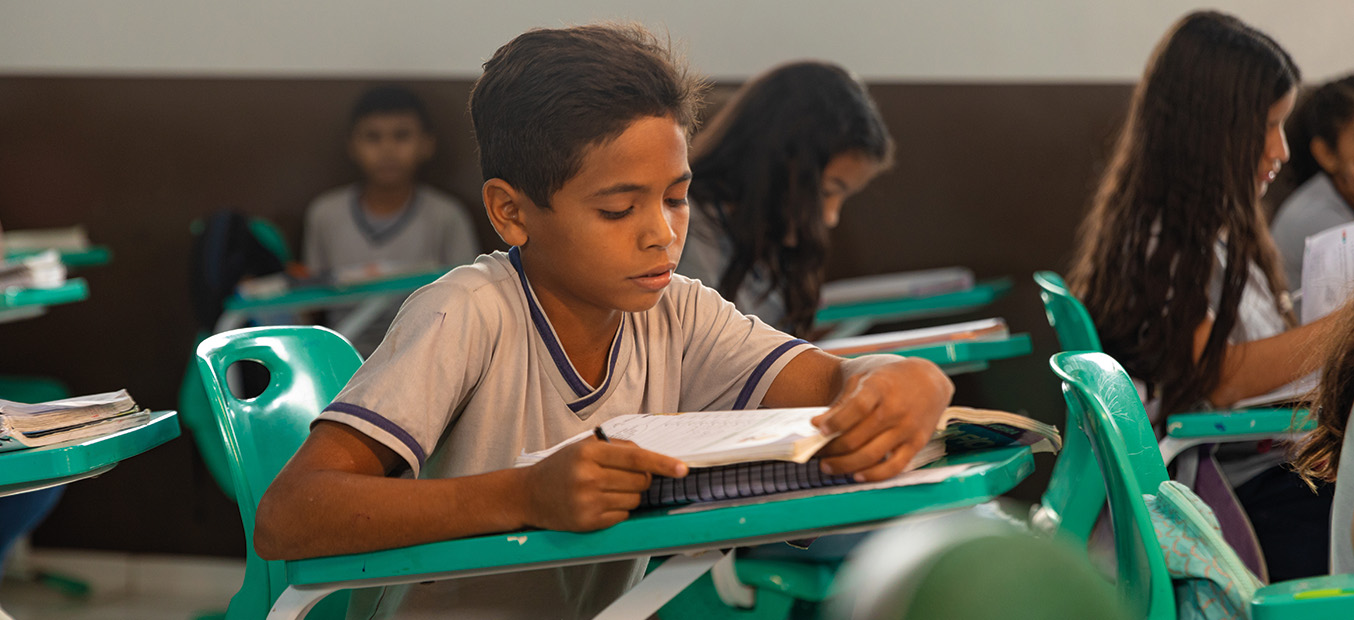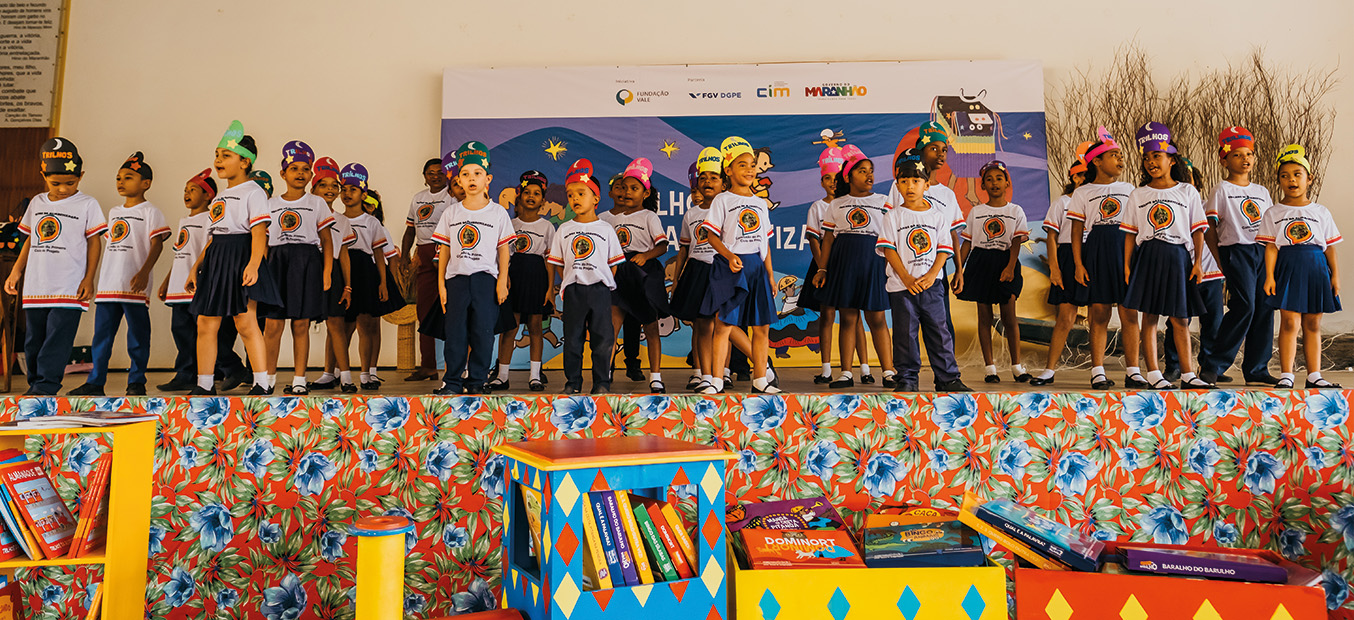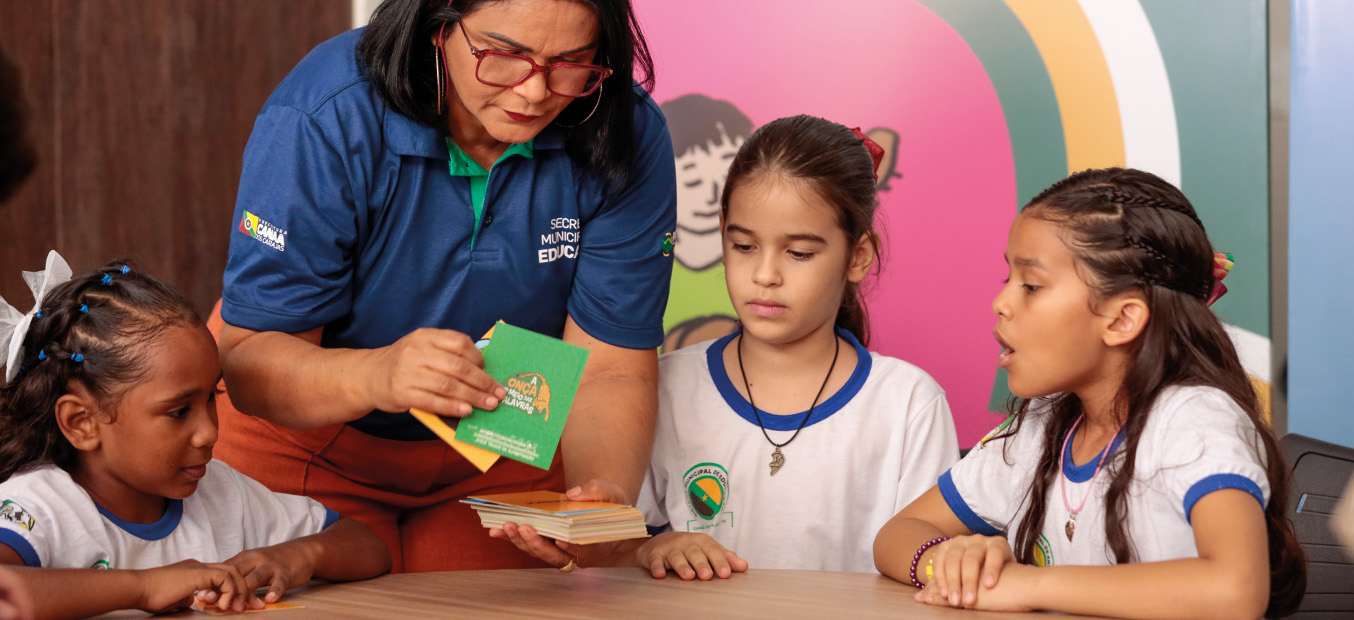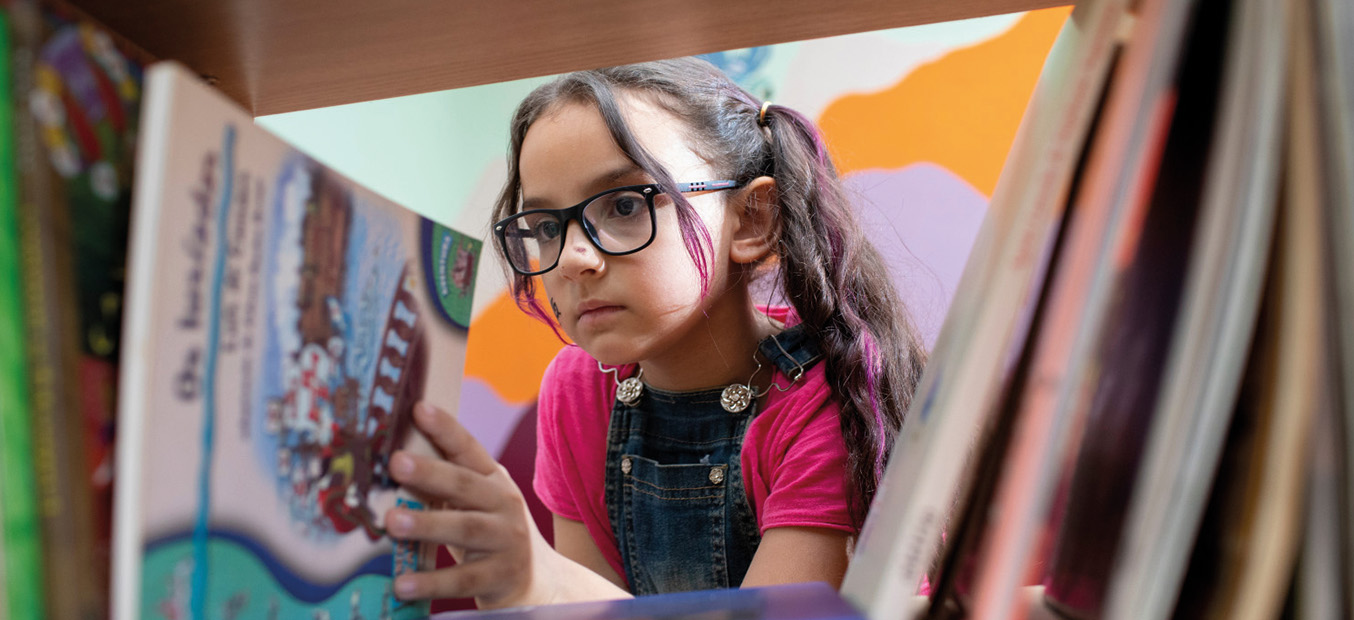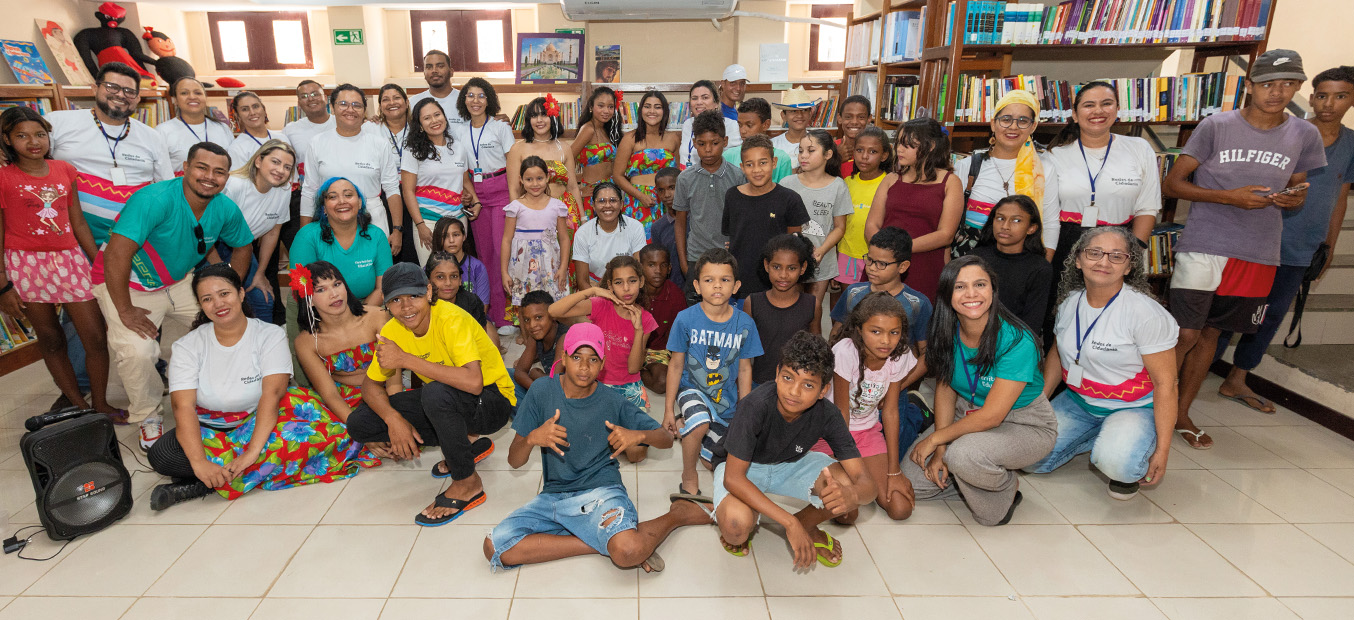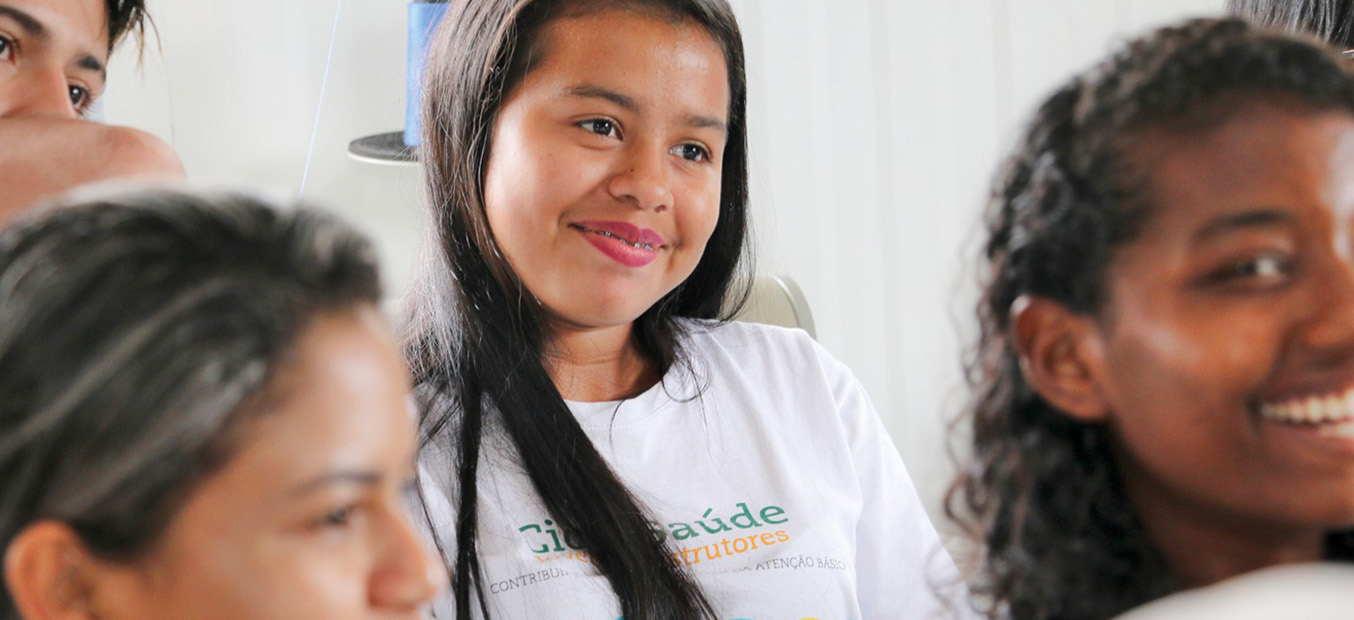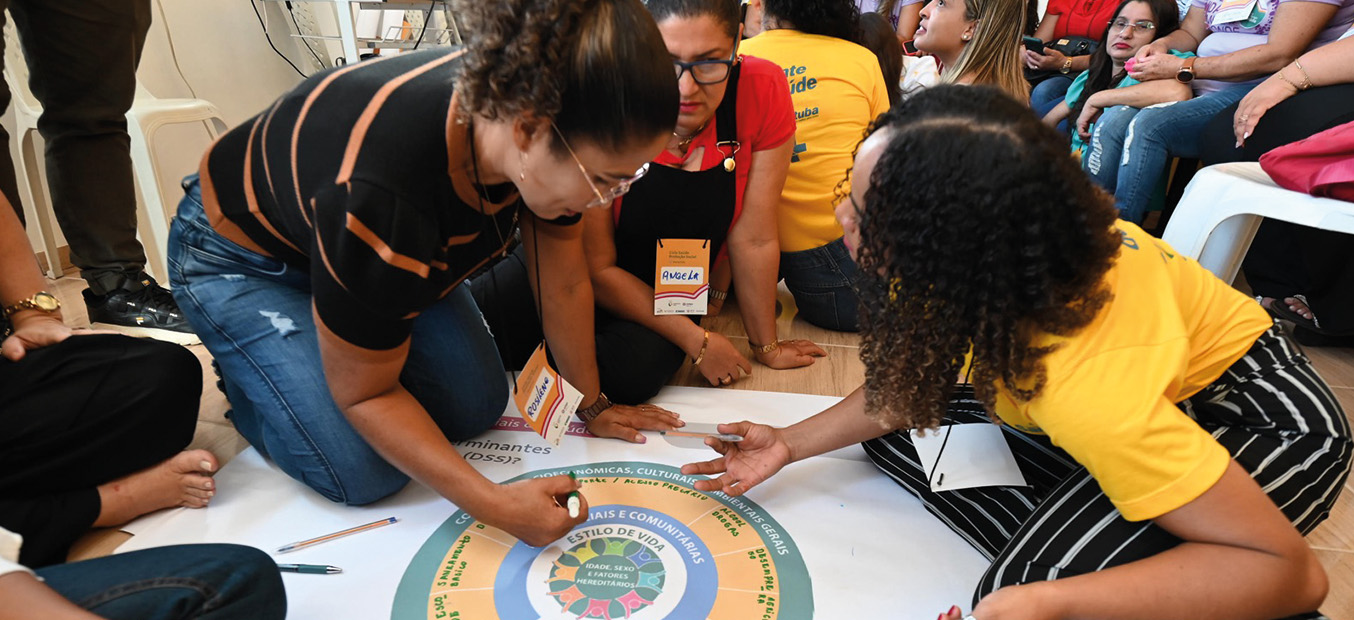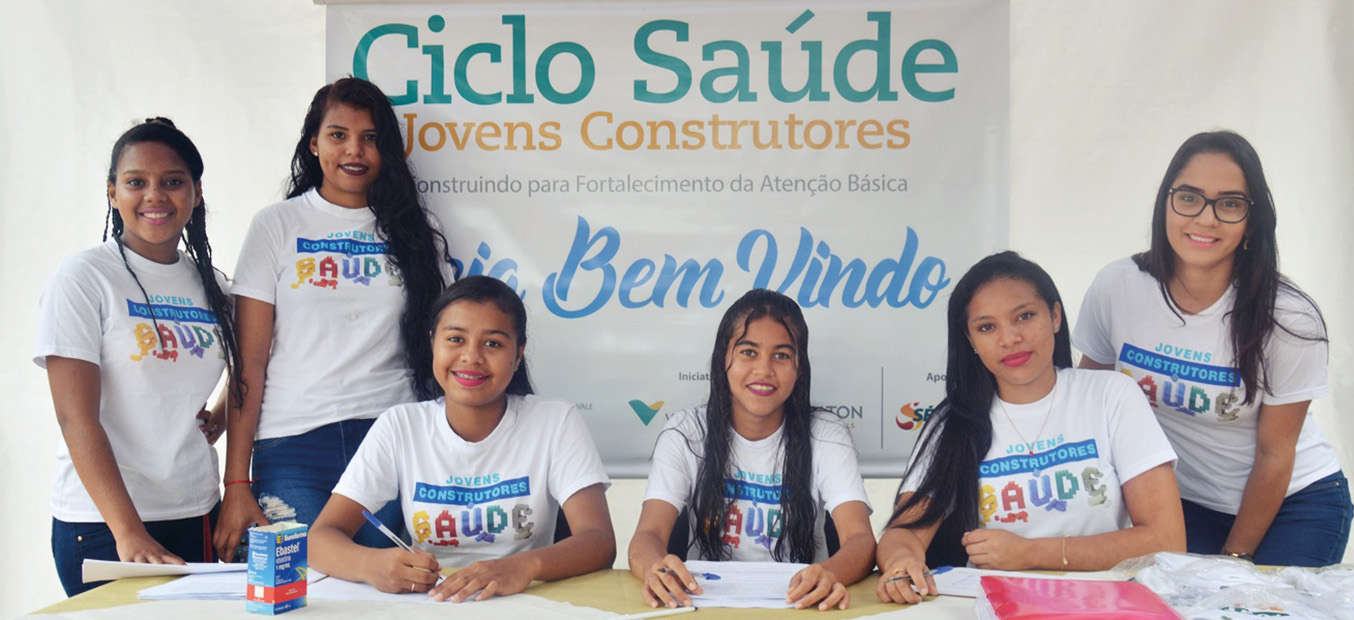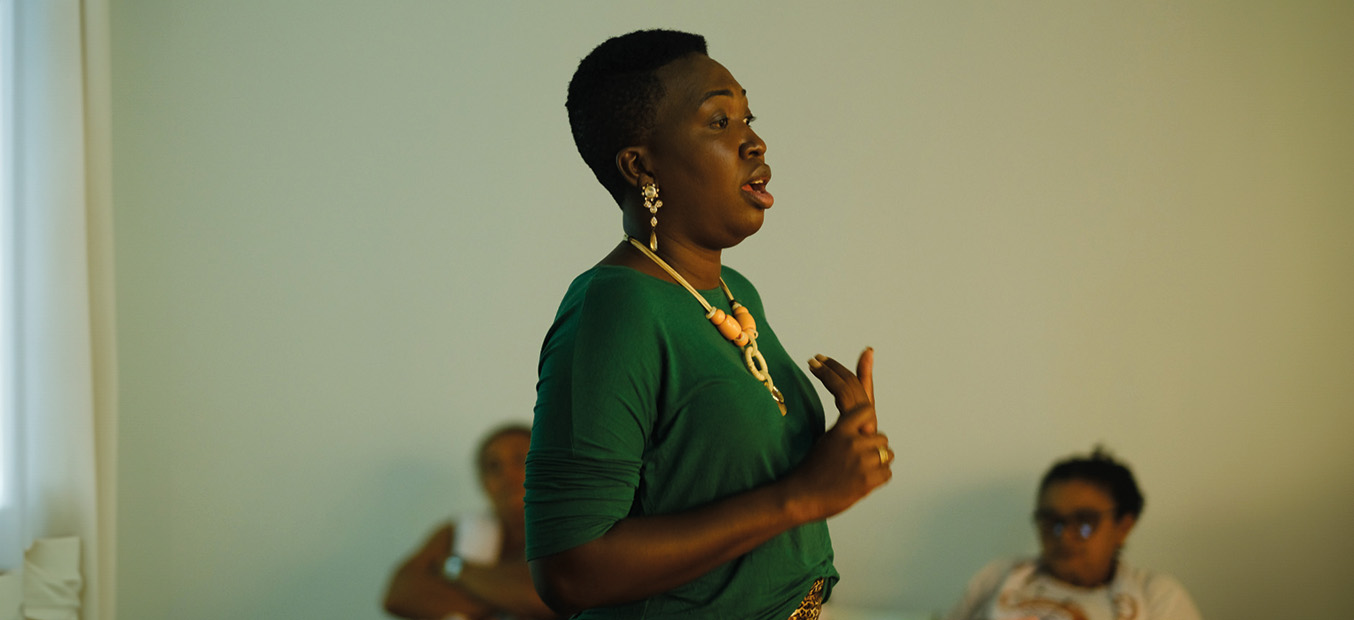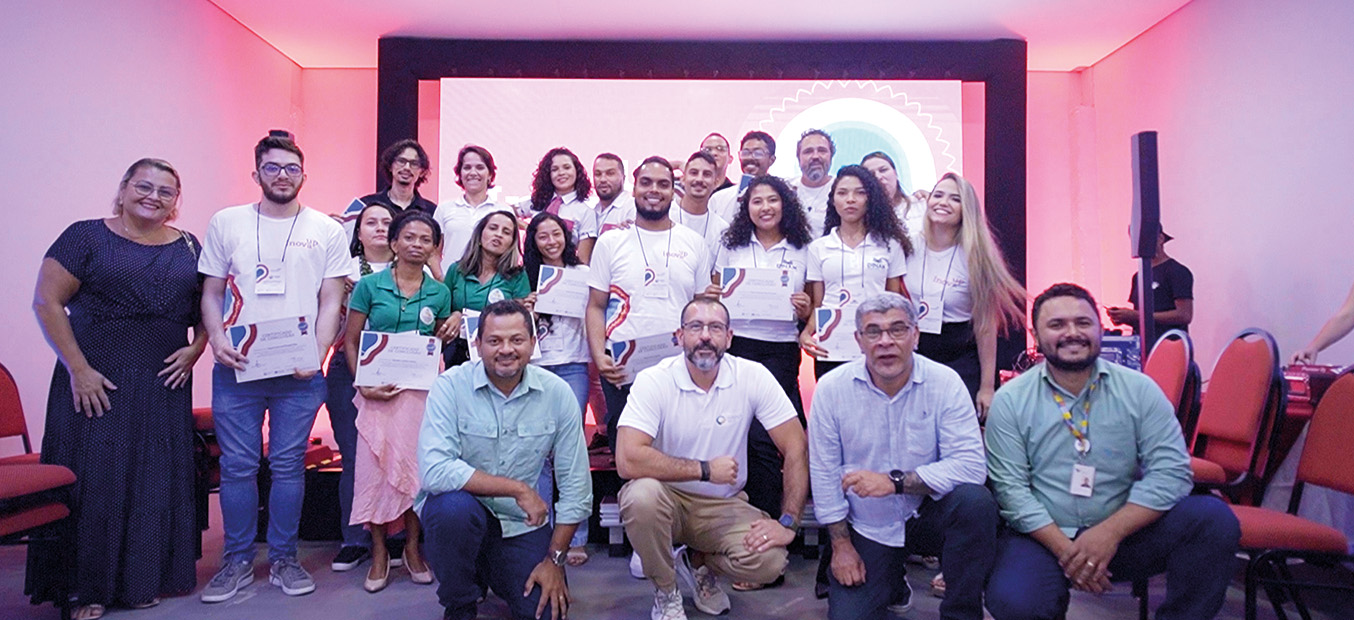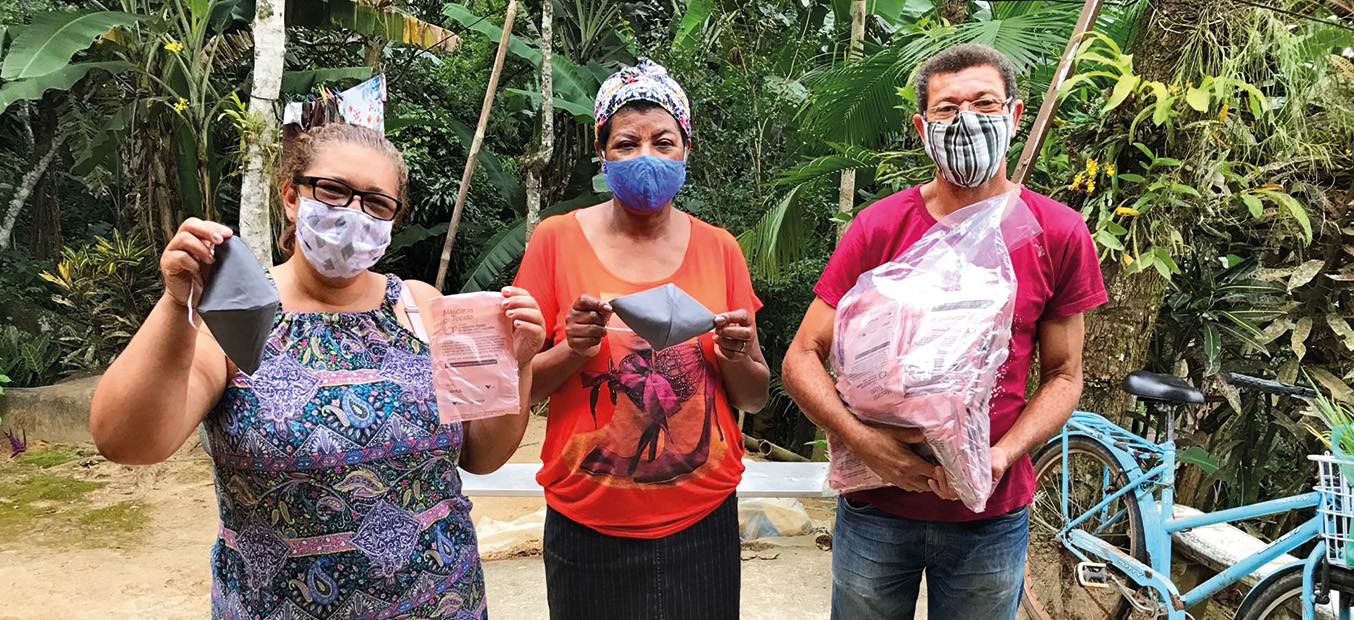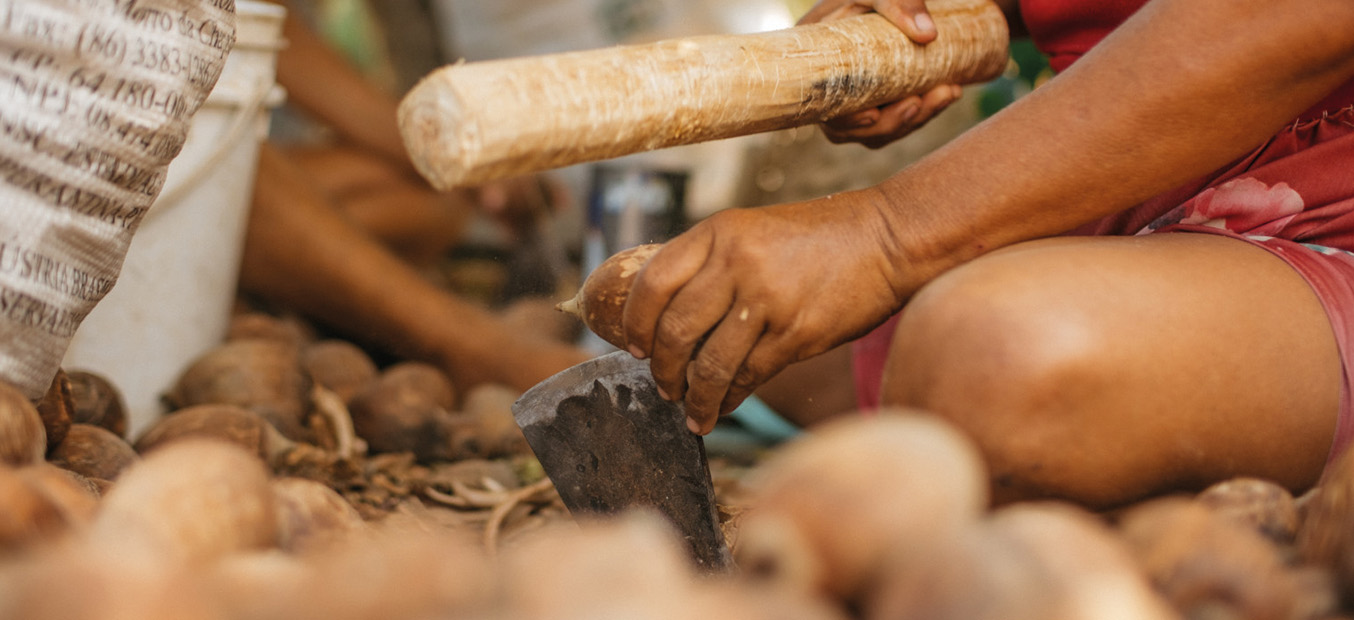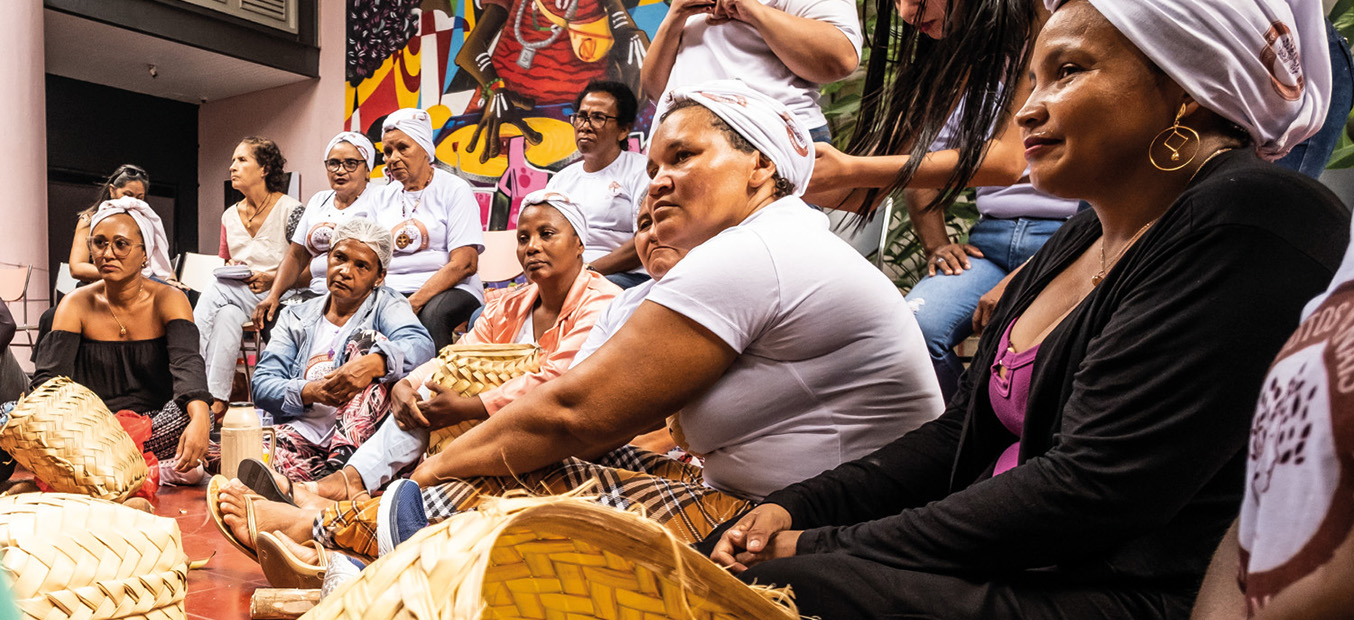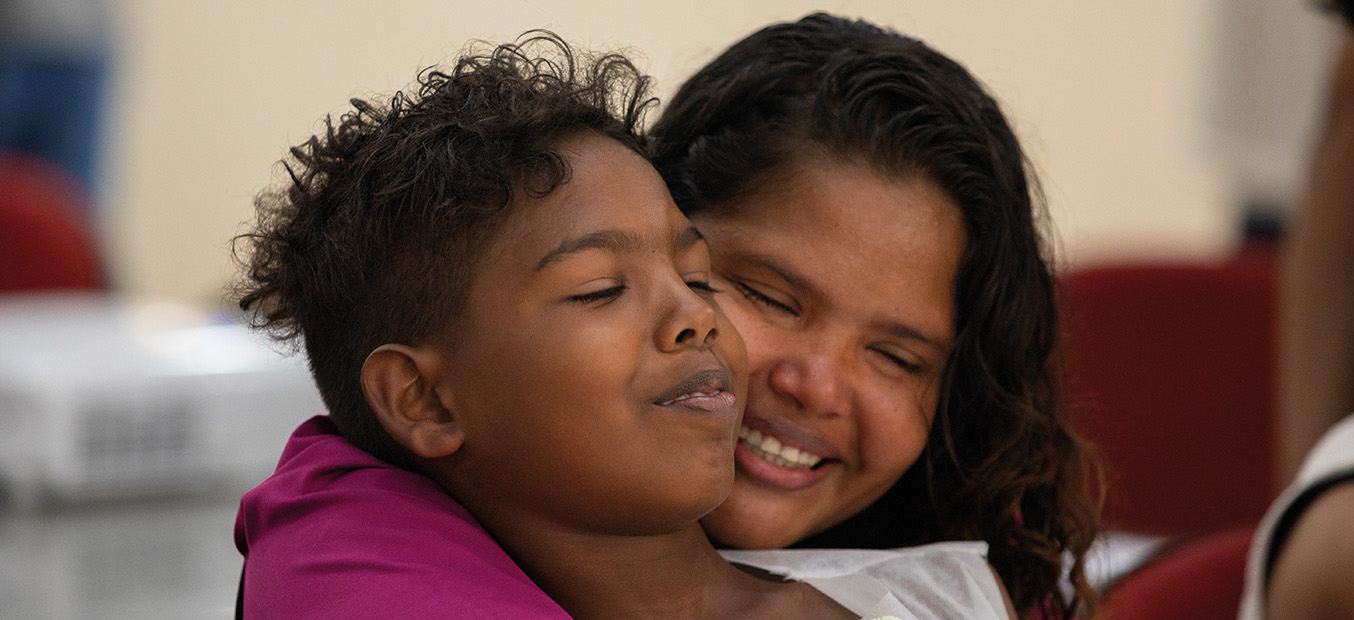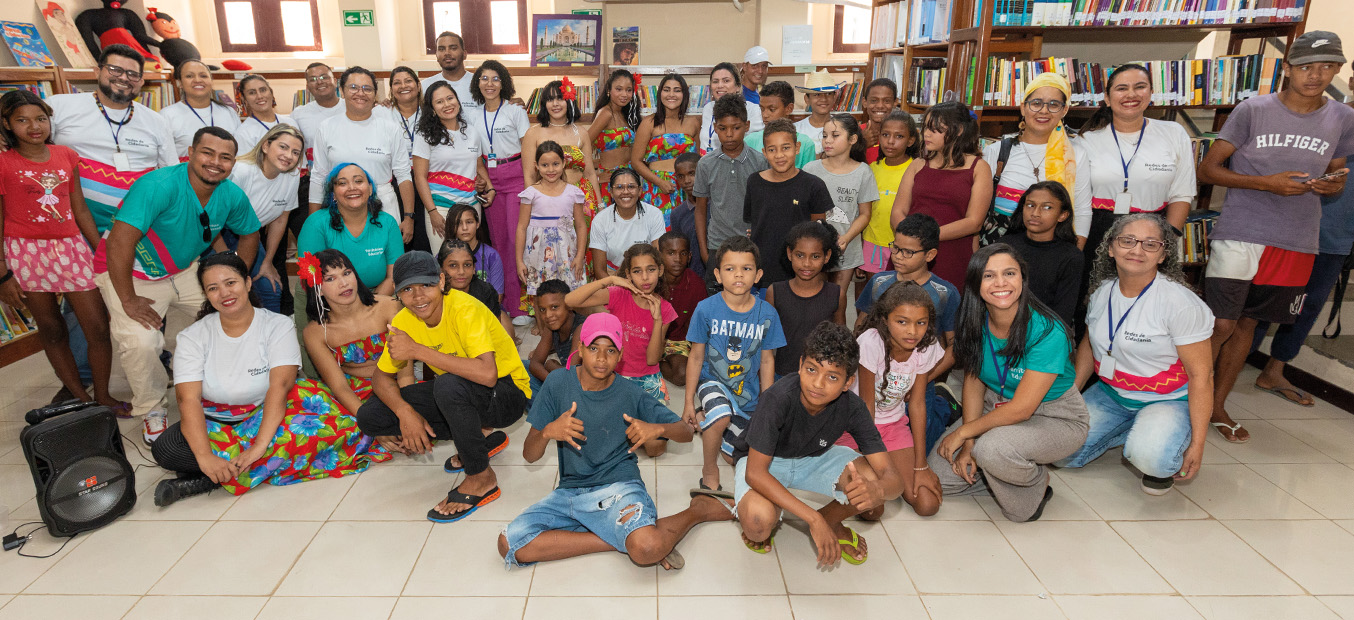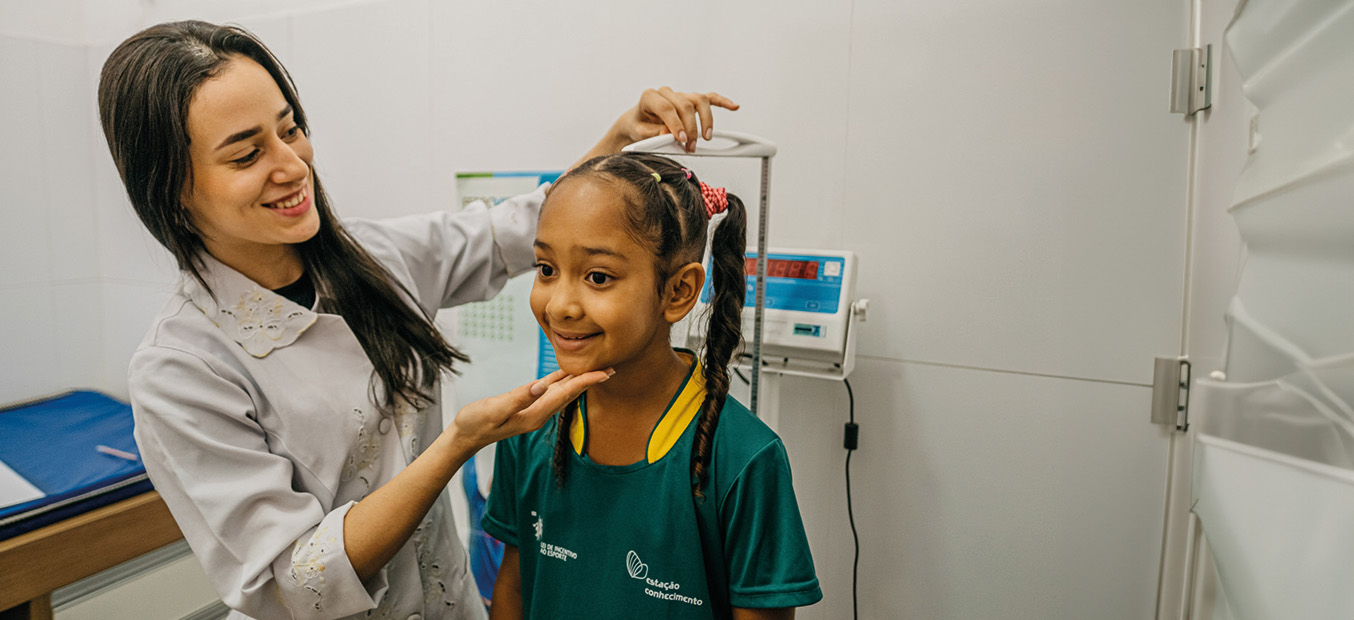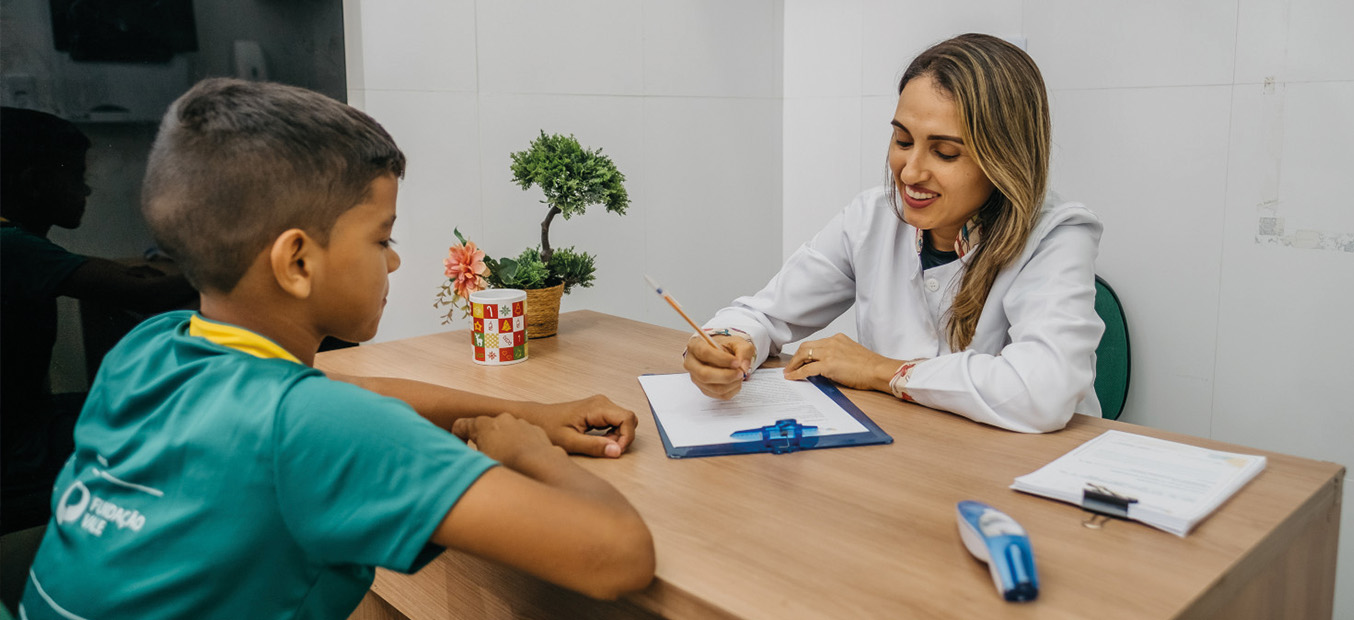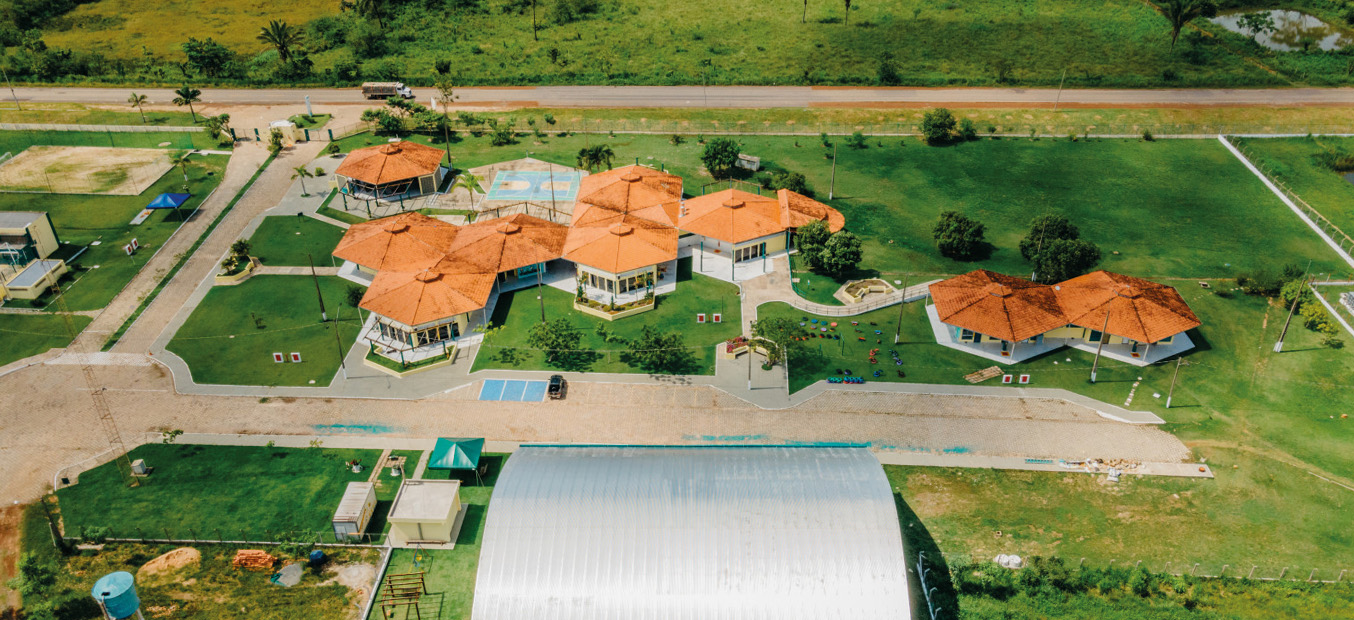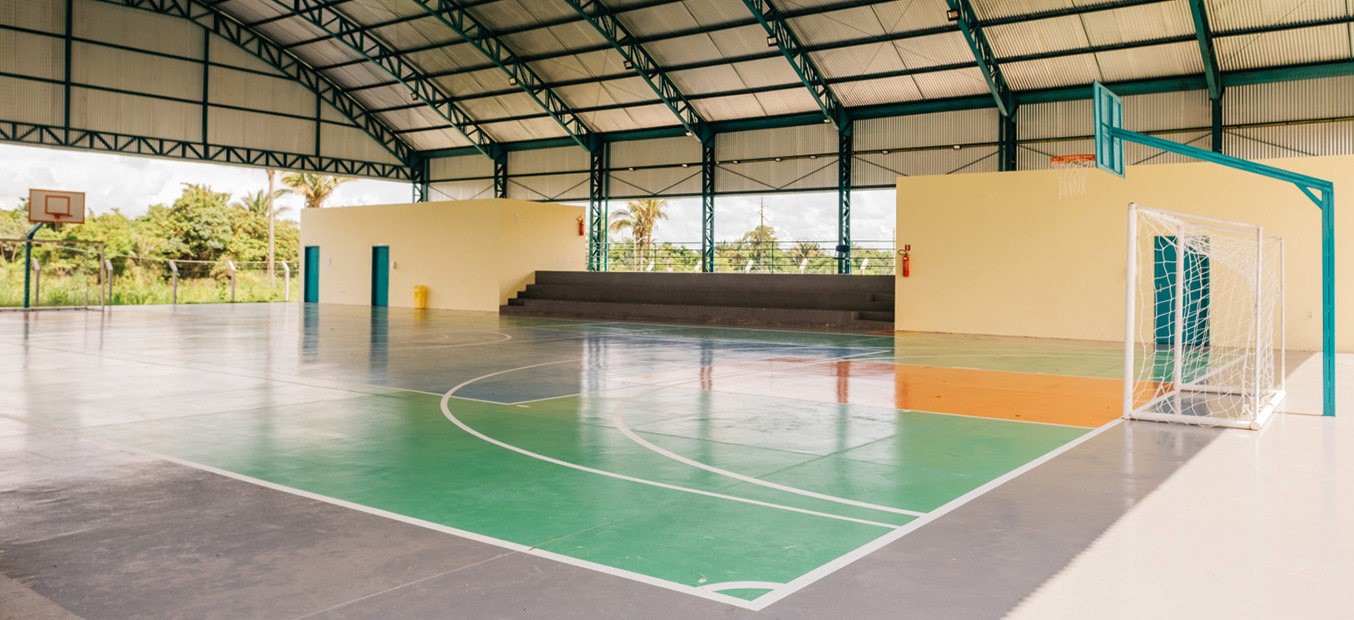


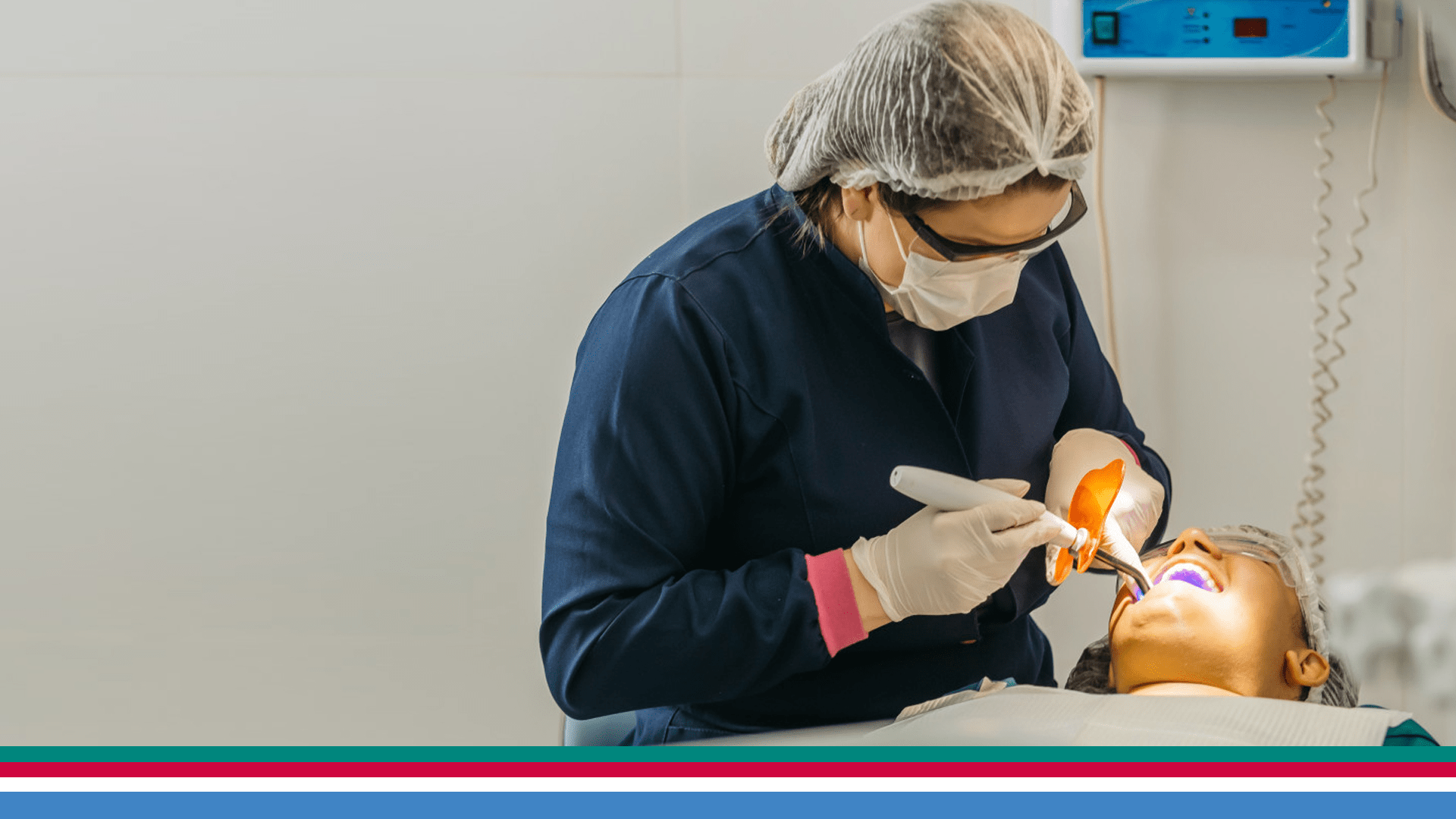
vale foundation and wheaton precious metals
A longpath
partnership
Partnerships are not just trade agreements. They are meetings of visions, sharing of dreams and the fusion of talents to transform realities. When two partners come together for a social purpose, they combine much more than their capabilities: they multiply opportunities.
Wheaton Precious Metals' relationship with Vale began in 2013, thanks to a contract to purchase the gold mined as a byproduct of the Salobo copper mine in Pará. However, the principle of delivering value through its production chain naturally led Wheaton to strengthen ties with the Vale Foundation.
Through its Partner Community Investment Program, Wheaton signed, in 2015, the first collaboration agreement with the Vale Foundation. A partnership initially focused on strengthening basic health care in Parauapebas, Pará, but that soon would grow and extend to other themes and territories.
Today, 32 municipalities in Pará and Maranhão enjoy the positive effects of the Vale Foundation's work made possible with the contribution of Wheaton. These are initiatives in the areas of
Health, Education, Income Generation and Combating Extreme Poverty, which have already received more than US$ 11.4 million from 2015 to the end of 2023, which makes the company the main partner of the Vale Foundation.
Beyond the numbers, the partnership demonstrates the power of the impact we are able to generate when social investment is made together. The relationship of trust and mutual understanding about the challenges that must be faced naturally lead us to new initiatives, inspired by the significant results seen in the field, with multi-year programs that help to strengthen a series of public policies.
Thus, we have created an enabling environment for communities to exercise their autonomy and take ownership of the opportunities sown, in addition to enhancing the benefits of investment, motivating the engagement of other companies and transformation agents.
This report is, above all, an invitation to go on this journey together.
OUR JOURNEY
2015
2015
2016
2016
2017
2017
2018
2018
2019
2019
2020
2020
2021
2021
2022
2022
2023
2023
2024
2024
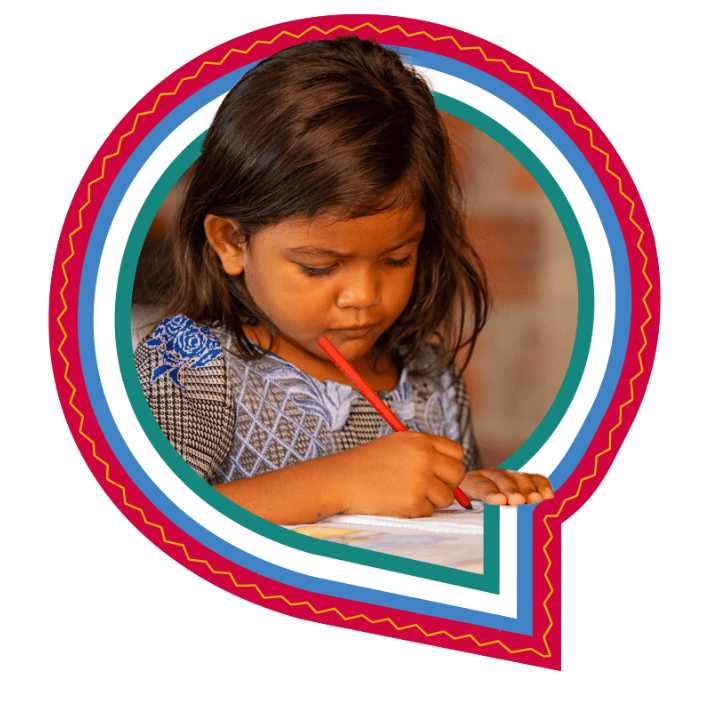
36,000
Students
benefited from
literacy actions
7,330
Students
reintegrated
into school
1,297
Teachers and
education
professionals
trained
310
Schools
benefited from
education
projects
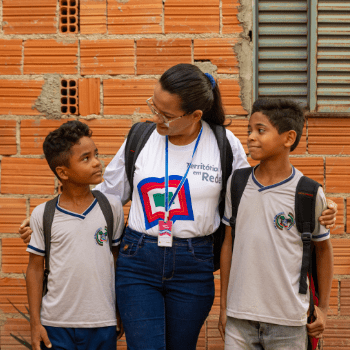
networked territories
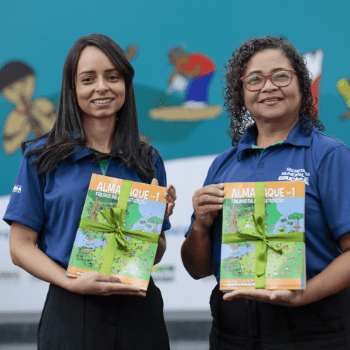
literacy trails
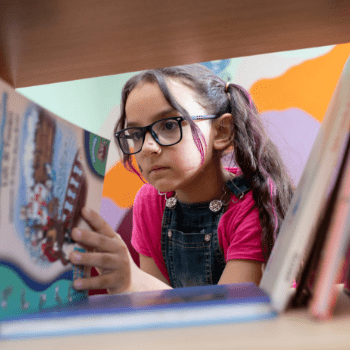
literary routes and networks
11,140
Professionals
trained
912
Public units
mobilized
10,138
Items donated
2M
Estimated
people
benefited
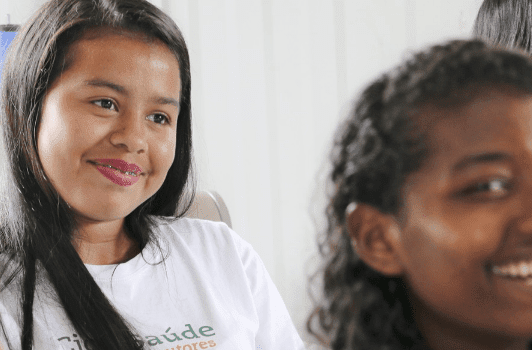
Health and Social
Protection Cycle
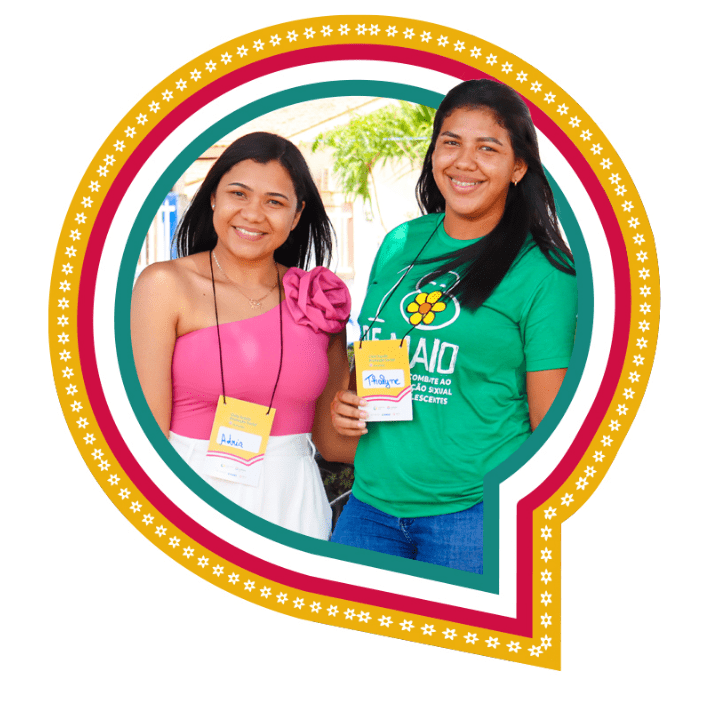
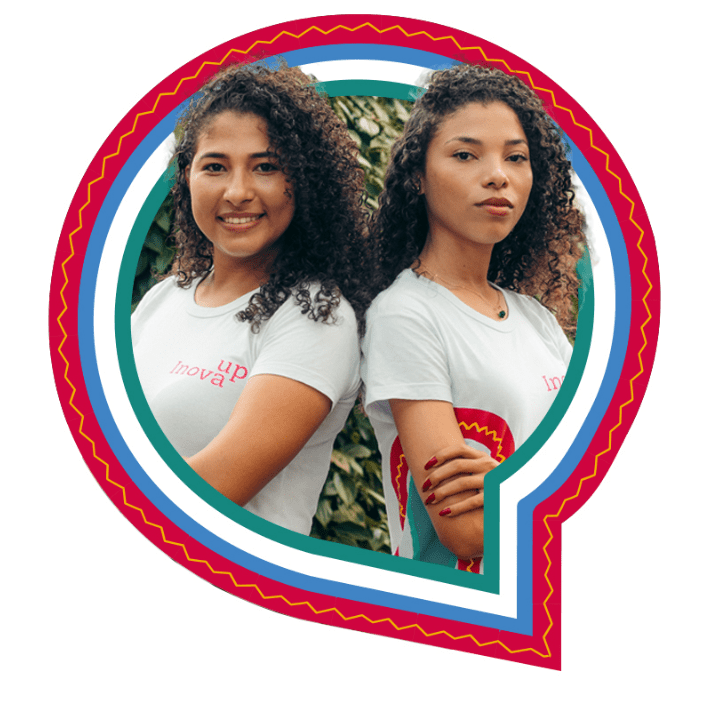
104
Women united
in a community
collective
18
Young
entrepreneurs
boosted
26
Social
businesses
created
1,001
People
benefited
during the
pandemic
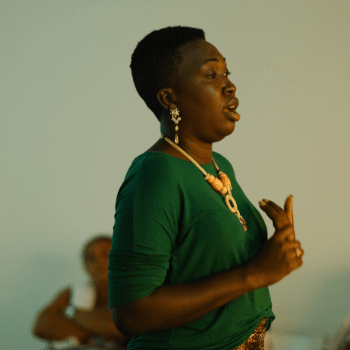
Women of Maranhão Network
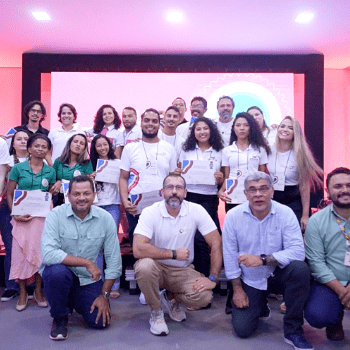
INOVA UP
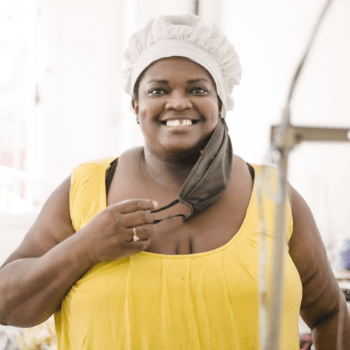
Mask+Income and Network+Income
1,768
Babassu
coconut
breakers
engaged
1,846
Families
benefited
5,645
People
reached in Marabá
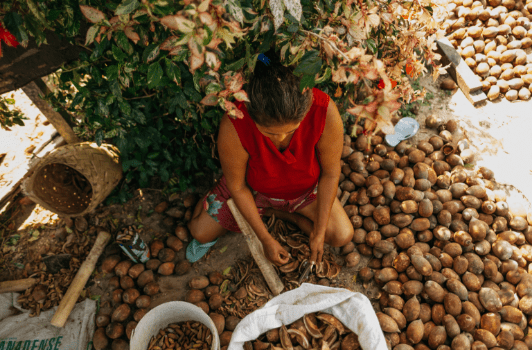
Babassu Coconut Breakers Project
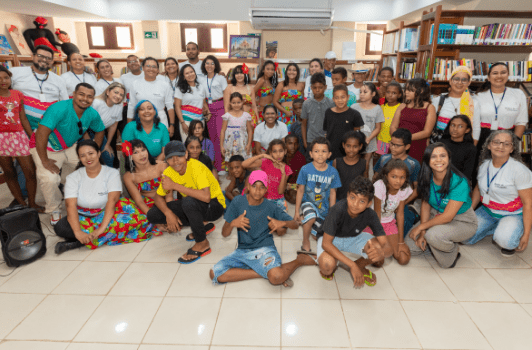
Citizenship
Networks
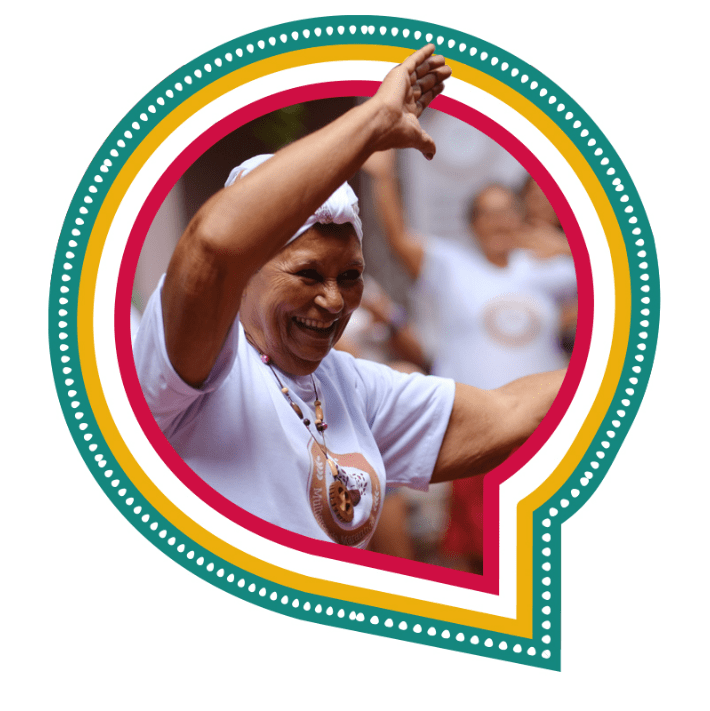
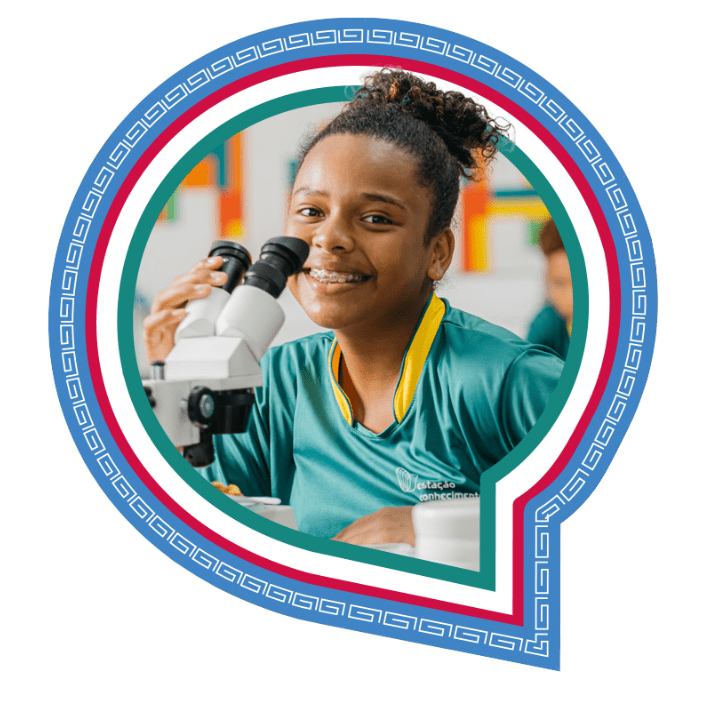
3
Socio-
educational
equipments
5,118
People
benefited
2,665
Health
appointments
in 2Q24
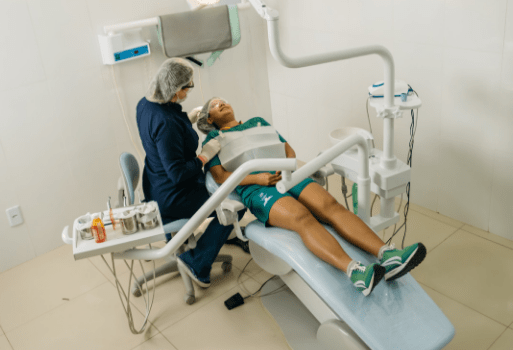
Health
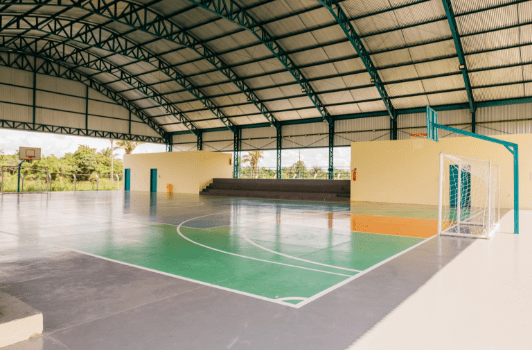
Infrastructure

